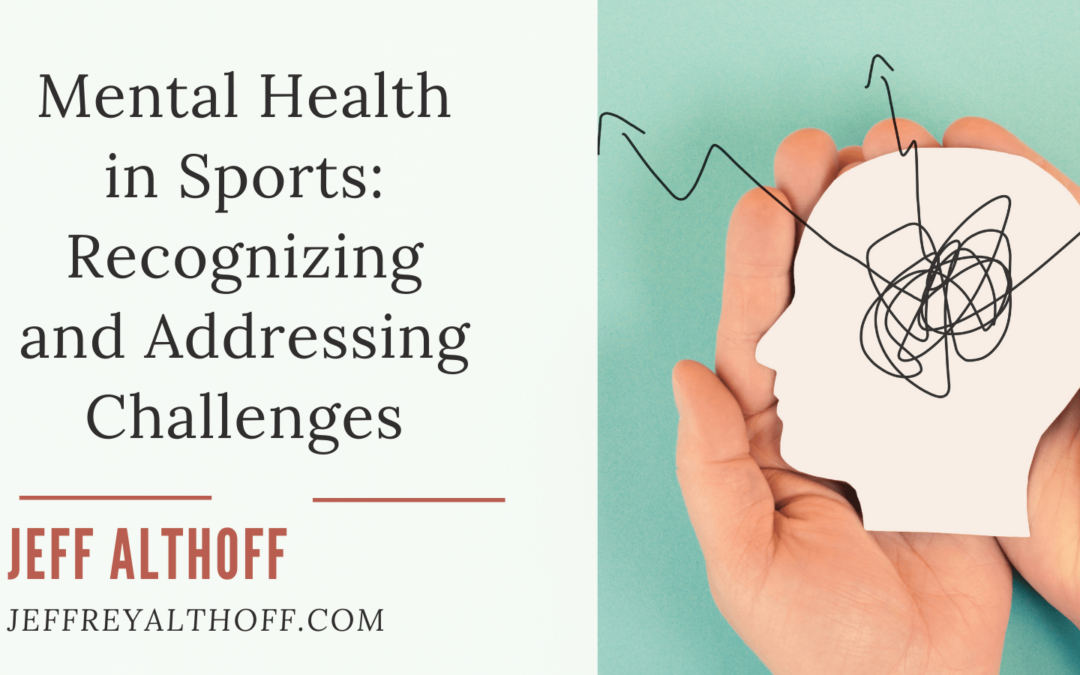In the world of sports, where physical prowess is often spotlighted, the importance of mental health can sometimes be overshadowed. Yet, mental wellbeing is just as crucial for athletes as their physical health. This article explores the various approaches and difficulties associated with mental health in sports.
The Stigma Around Mental Health in Sports
Historically, there’s been a stigma surrounding mental health in the sports community. Athletes are often expected to display toughness and resilience, which can lead to a reluctance to acknowledge mental health struggles. Removing barriers begins with understanding how mental health contributes to overall well-being.
Identifying Mental Health Challenges
Athletes face unique mental health challenges, including the pressure to perform, fear of failure, and the physical and emotional toll of injuries. The competitive nature of sports can exacerbate stress, anxiety, and depression. Early identification and open conversations about these issues are vital.
Creating a Supportive Environment
Coaches, teammates, and sports organizations are crucial in creating an environment where athletes feel safe expressing mental health concerns. This support system should encourage open dialogue, provide access to mental health resources, and foster an atmosphere of understanding and empathy.
Incorporating Mental Health Strategies into Training
Integrating mental health strategies into sports training is essential. Techniques such as mindfulness, meditation, and mental resilience training can help athletes manage stress and improve their mental game. These practices enhance performance and also contribute to overall mental wellbeing.
Encouraging Professional Help
There should be no shame in seeking professional help for mental health issues. Sports psychologists and therapists can provide specialized support, helping athletes develop coping mechanisms and address mental health challenges effectively.
Promoting Balance and Wellbeing
Finally, promoting a balanced lifestyle is crucial for mental health. This includes ensuring adequate rest, engaging in activities outside of sports, and maintaining healthy social connections. Balance helps mitigate the mental strain of intense training and competition.
Mental health is a critical aspect of sports that demands attention and care. The sports community can better support its athletes by recognizing challenges, creating supportive environments, and integrating mental health strategies into training. Embracing mental health as a fundamental component of athletic performance and wellbeing is essential for the holistic development of athletes.
